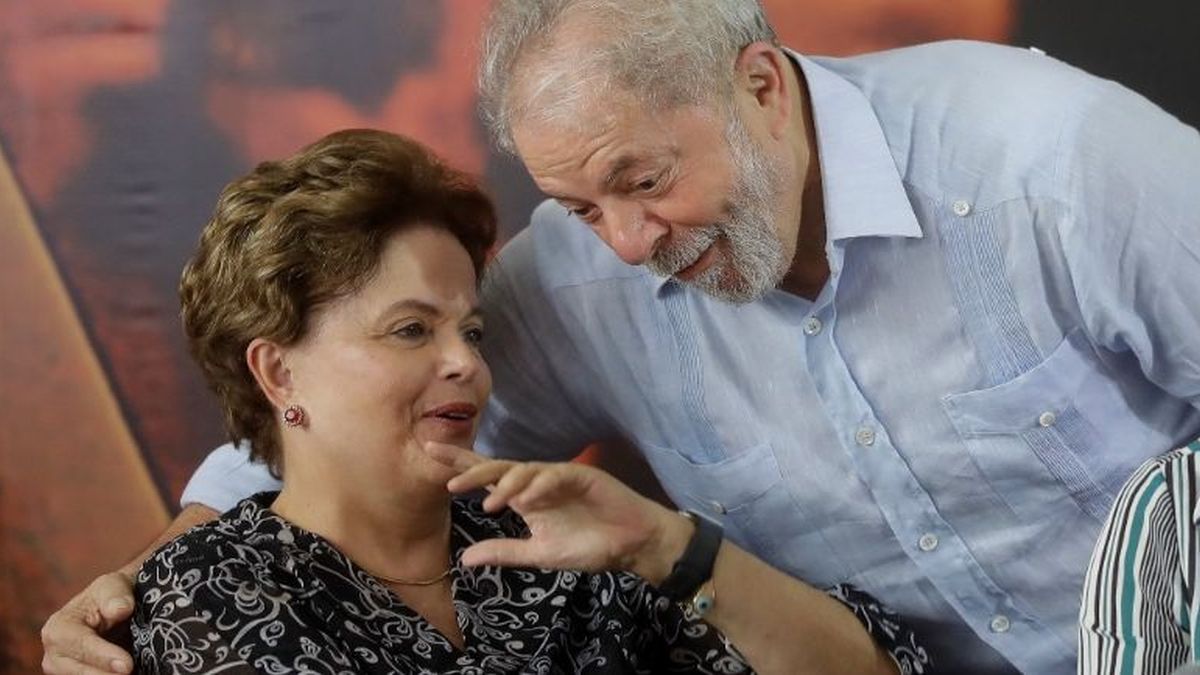According to the officials quoted by the Folha de Sao Paulo newspaper and the Metropoles portal, Lula’s decision is to give geopolitical relevance to the NDB with the appointment of Rousseff, which may be announced during the trip to China that the Brazilian president will make in March. which will include a meeting with Chinese President Xi Jingping.
Rousseff’s appointment has a stumbling block that must be resolved by Economy Minister Fernando Haddad, who is Remove Marcos Troyjo, Jair Bolsonaro’s former Secretary of Foreign Trade, from the NDB presidency.
Troyjo, a renowned militant bolsonarista, He has a mandate at the NDB development bank until 2024, for which reason, with the change of government, his departure from that position is being negotiated, according to sources cited by the media, which were not identified.
NDB headquarters is located in ShanghaiChina, and also has an office in the Brazilian city of São Paulo.
Rousseff should move to the city that is the most important economic and business pole in China.
Dilma Rousseff, energy specialist and with support in China
Rousseff, the president who was ousted following impeachment in 2016, is a energy specialist and in recent years it has deepened its ties with the academic and strategic world of China, which has been Brazil’s main trading partner since 2009.
The ex-president regularly participates since January in the official acts of the government of Lula although from the beginning it was ruled out that she hold a ministerial position or formal adviser to the head of state.
According to Folha de Sao Paulo, Lula wants Rousseff to travel with him on the tour to China in March.
The increase in the level of exposure of the NDB is part of the elevation of the foreign policy profile that Lula wants to give his administration.
This Friday he will have a summit in Washington with his counterpart Joe Biden after having visited Argentina and Uruguay and deciding the return of Brazil to the Community of Latin American and Caribbean States (Celac).
The NDB was inaugurated in 2015 and approved 80 projects for around 30 billion dollars in member countries, covering areas such as clean energy, transportation, urban development, water resources and health, social infrastructure, and digital infrastructure.
During 2022, Argentina He deepened the dialogues with different foreign ministers of the BRICS member countries with the aim of accelerating their entry into the bloc.
according to a document that Ámbito was able to access in September 2022, the Chinese government endorsed the Argentine proposal and “welcomed the BRICS”. Beyond the fact that the entry is not confirmed, the departure of the Bolsonarista and the arrival of Rousseff could boost access to financing by the Argentine government.
Source: Ambito




